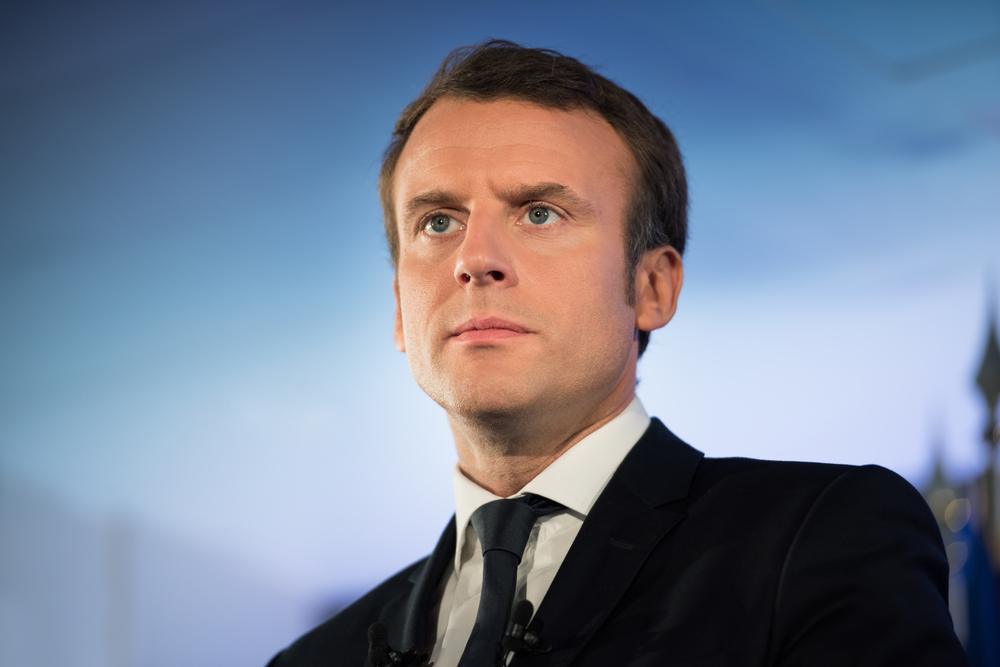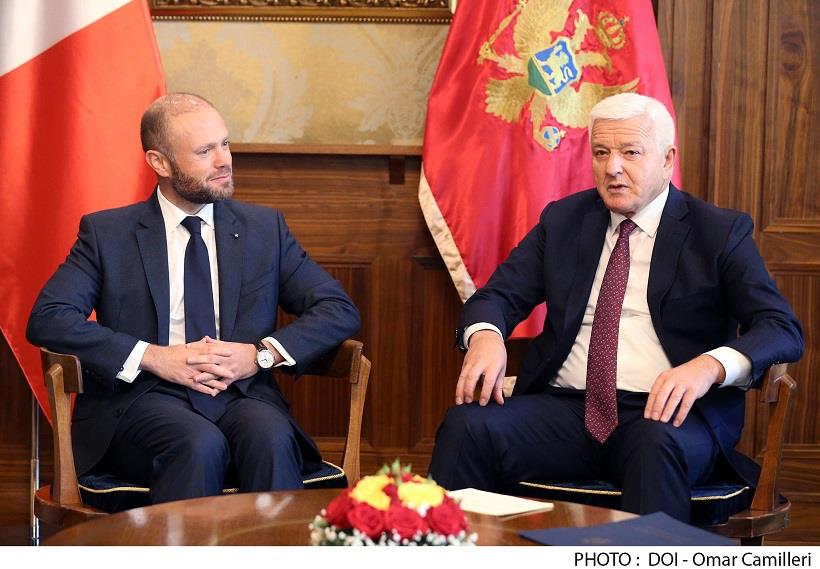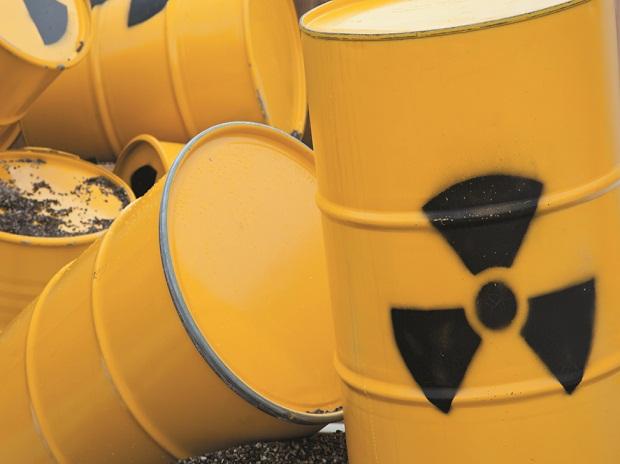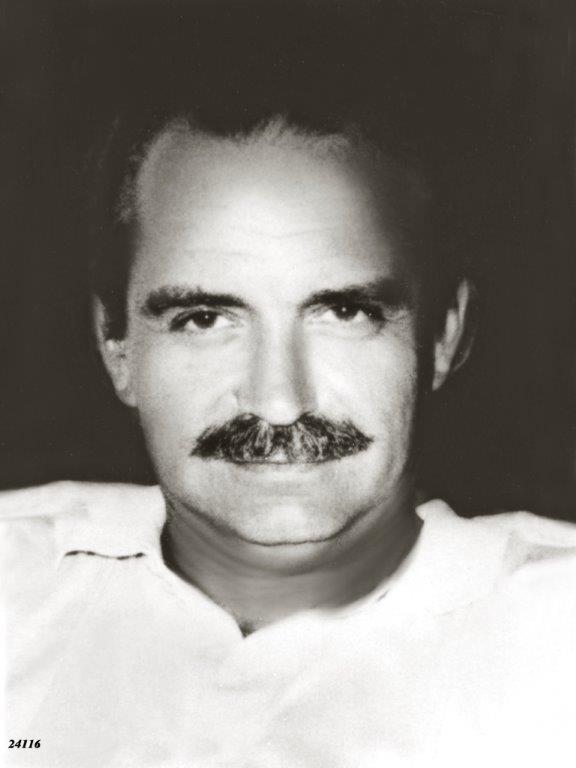Download PDF :


The American Conservative (18 November 2019)
The French president wants the alliance out of the way to make room for a European Union army.
President Trump’s position on NATO has been consistent since he campaigned in 2016. His pitch is strong on defense but fiscally conservative: in essence, Trump accuses NATO members of not paying their fair share when it comes to their militaries. In August of this year, he tweeted:
Donald J. Trump
✔@realDonaldTrump
For the record, Denmark is only at 1.35% of GDP for NATO spending. They are a wealthy country and should be at 2%. We protect Europe and yet, only 8 of the 28 NATO countries are at the 2% mark. The United States is at a much, much higher level than that....
In 2014, all NATO members agreed to increase their defense spending to 2 percent of their respective GDPs by 2024. Yet most are miles away from that target, and some are still giving less than 1 percent of GDP.
Indeed, European NATO members have been very reluctant to increase their military budgets. There are many reasons for this, among them that the United States has been footing the bill for decades. Adding to that, military expenditure is not a valuable political talking point in Europe, and most nations are in deficit spirals because of budgets they already can’t afford.
This has resulted in the U.S. carrying most of the financial burden—a full 70 percent of the NATO defense bill. And while America has covered much of the costs associated with (what is in essence) European defense, organizations such as the European Union have been imposing more tariffs on American goods than America has on European goods.
Trump’s criticism of NATO has elicited the response that what Trump really opposes is the alliance itself. The fact that Trump has made signed NATO commitments, and also issued a separate three-page declaration on “solidarity,” however, should be enough to dispel that claim. In the second paragraph of the aforementioned declaration, NATO leaders explicitly call out Russia, accusing Moscow of “violating international law” and “conducting provocative military activities.” If tweets and comments made at rallies count, official NATO declarations should, too.
Contrast this with French president Emmanuel Macron. When Trump demanded that NATO accelerate its 2014 defense spending timetable to 4 percent of GDP, Macron quickly dismissed his ambitions. He told The Economist: “[NATO] only works if the guarantor of last resort functions as such. I’d argue that we should reassess the reality of what NATO is in the light of the commitment of the United States.”
His strategy is clear: discredit NATO and make it vulnerable to a threat that isn’t real. While Trump wants members to spend more so the alliance can have meaning again, Macron wants to weaken NATO in order to make a positive case for a European army. The French president says in his Economist interview that Europe stands on “the edge of a precipice” and that it needs to start thinking of itself strategically as a geopolitical power; otherwise Europeans will “no longer be in control of our destiny.”
Ursula Von der Leyen, the former German defense minister and newly appointed European Commission (the EU’s executive) president, stands firmly on the side of NATO. She has contradicted Macron by calling for an “army of Europeans” rather than “a European army,” thereby rejecting a centralized command in favor of a confederal defense union. This wouldn’t be much different from what the EU already practices through existing departments. Von der Leyen has already reaffirmed that any European military efforts would not stand as competition to NATO, but as a complementary means to the same end. Macron is not willing to make a similar statement.
It seems likely that Macron envies Trump and the United States for their might, and sees the function of NATO as an obstacle to a greater European vision of military force and political influence. Such a “make Europe great again” approach would likely alienate the old continent from the new continent much more than is already the case.
Will NATO disappear? Probably. Alliances and pacts come and go because they are rarely worth the paper they’re written on. If Armenia were to launch an attack on Turkey, it seems implausible that public opinion in France would support a military intervention, even though that would be called for under the treaty.
However, with Von der Leyen’s commitment, and with Macron losing support in Brussels, the alliance isn’t on its last breath yet. Governments love to increase spending and extend their power. But without a feasible alternative in sight, NATO is set to continue on its endless treadmill race.
Bill Wirtz comments on European politics and policy in English, French, and German. His work has appeared in Newsweek, the Washington Examiner, CityAM, Le Monde, Le Figaro, and Die Welt.

 BILATERAL TIES BETWEEN MALTA AND MONTENEGRO RESULTING IN NEW MUTUAL OPPORTUNITIES
The Balkans
19.11.2019
BILATERAL TIES BETWEEN MALTA AND MONTENEGRO RESULTING IN NEW MUTUAL OPPORTUNITIES
The Balkans
19.11.2019
 INDIA AND KAZAKHSTAN TO RENEW URANIUM SUPPLY CONTRACT FOR 2020-24
Central Asia
19.11.2019
INDIA AND KAZAKHSTAN TO RENEW URANIUM SUPPLY CONTRACT FOR 2020-24
Central Asia
19.11.2019
 'BONDS OF FRIENDSHIP': POPE FRANCIS HEADS TO THAILAND AND JAPAN
Asia - Pacific
19.11.2019
'BONDS OF FRIENDSHIP': POPE FRANCIS HEADS TO THAILAND AND JAPAN
Asia - Pacific
19.11.2019
 MARTYR DIPLOMATS
The Caucasus and Turkish-Armenian Relations
19.11.2019
MARTYR DIPLOMATS
The Caucasus and Turkish-Armenian Relations
19.11.2019




























